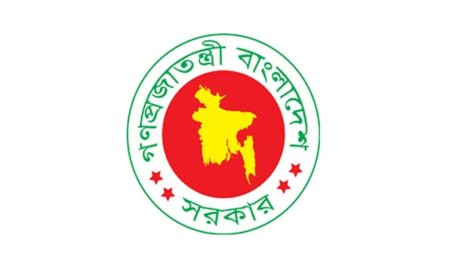National Consensus Commission: Fundamental Reform Proposals Face Disagreement as First Dialogue Phase Concludes
National Consensus Commission: Fundamental Reform Proposals Face Disagreement as First Dialogue Phase Concludes

The first phase of dialogues between political parties and the National Consensus Commission, aimed at building agreement on reforms across various state sectors, has concluded. While parties broadly agree on many recommendations from the five reform commissions, significant differences remain on key issues like balancing power among the branches of government. Sources say the second phase of discussions will soon begin, focusing more on fundamental reform proposals and addressing disagreements through topic-specific talks. Scheduled to start before Eid-ul-Azha, this phase will pave the way for a “July Charter” outlining core constitutional reforms designed to prevent authoritarian rule and distribute power more evenly between the executive, legislature, and judiciary.
Proposed changes include limiting the Prime Minister’s powers and terms, establishing a National Constitutional Council for key appointments, and creating a bicameral parliament with proportional representation for the upper house. While most parties support a bicameral legislature, disagreement exists on election methods and several reforms, with the BNP notably opposing key proposals like the NCC, whereas Jamaat-e-Islami and the National Citizen Party lean closer to the Commission’s stance. The implementation process remains a contentious issue expected to be addressed in the next phase. Since October last year, six reform commissions have worked under an interim government, and the National Consensus Commission, led by Chief Adviser Professor Muhammad Yunus since February, has engaged 33 parties in consultations. The NCC proposal to balance power by involving all branches in constitutional appointments faces resistance from BNP but finds support among other parties, highlighting ongoing challenges in achieving consensus on reform.
What's Your Reaction?






















































































